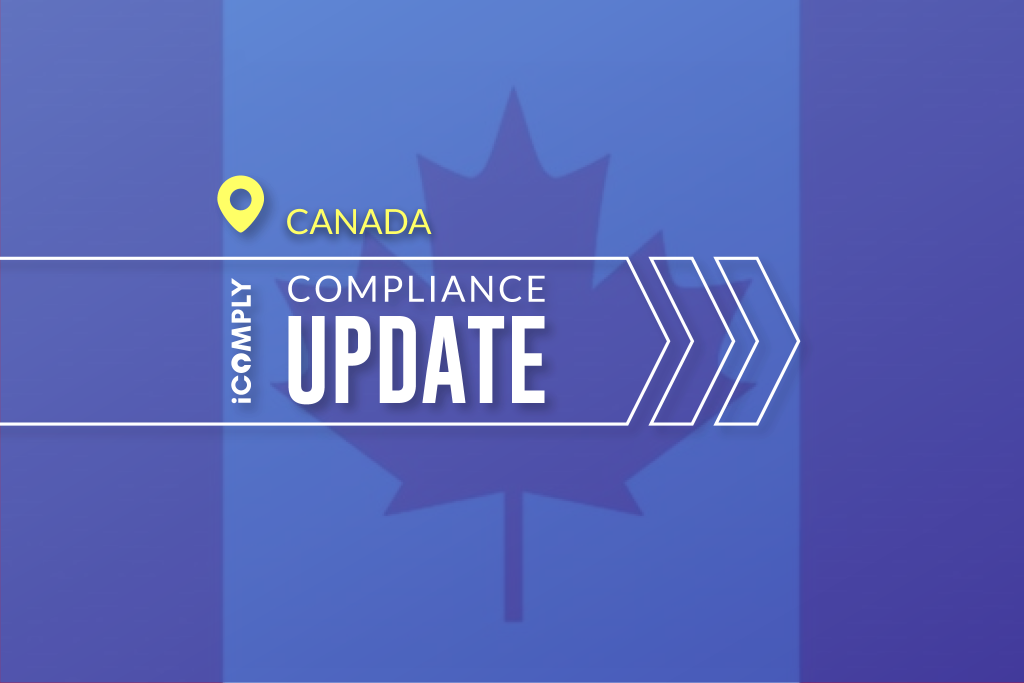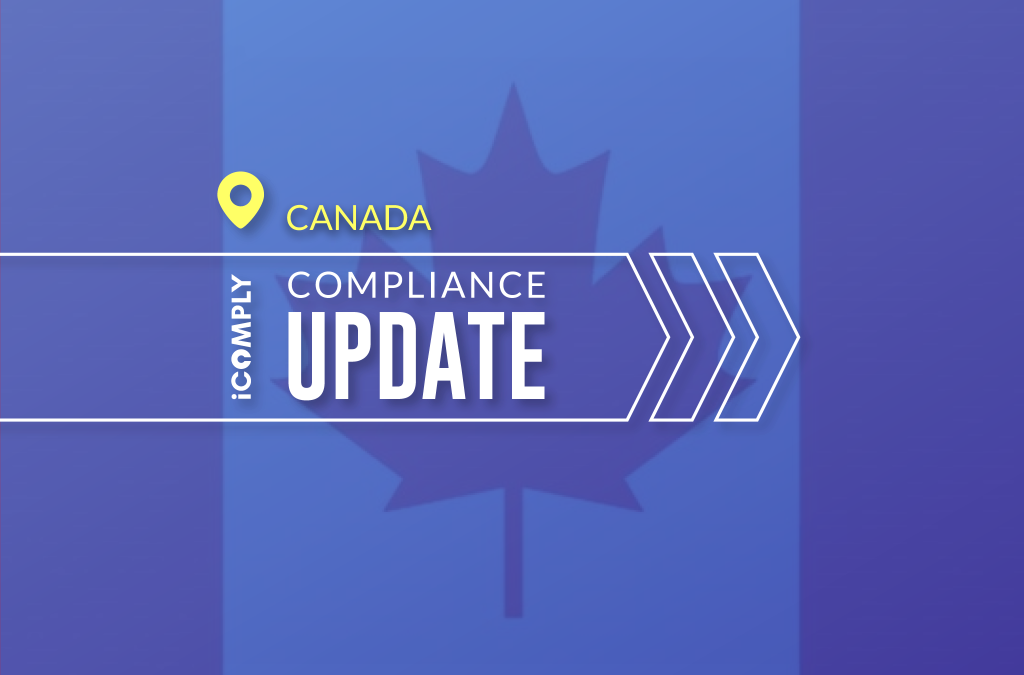Regulators Take Action Against Online FX Broker JT Trader

BCSC Says “Global” Platform For Institutional and Retail Clients Operating Without a License
What Happened?
February 26, 2020: The BCSC announced that JT Trader Financial Services Ltd. was serving residents of British Columbia without a license to do so. According to its website, JT Trader is an online foreign exchange broker that offers cutting-edge trading tools to institutional and retail clients globally.
Source: https://www.bcsc.bc.ca/Enforcement/Investment_Caution_List/JT_Trader_Financial_Services_Ltd_/
Who Is Impacted?
Financial service providers offering foreign exchange, virtual asset, or fintech solutions serving audiences in multiple states (United States), provinces (Canada), or countries (Global). Risk managers for online payment services and money transfer businesses–such as Meastro, Visa, Mastercard, and WebMoney who serve JT Trader–will need to identify and reassess their own risk in doing business with and enabling these transactions for JT Trader.
Why This Matters?
According to the BCSC, JT Trader was operating out of Toronto, in the Canadian province of Ontario. Ontario is regulated by the OSC (Ontario Securities Commission). Both BCSC and OSC are members of the CSA (Canadian Securities Administrators). Due to the nature of JT Trader’s business, they will need to secure regulatory approval from every provincial regulator where they have at least one user.
What’s Next?
JT Trader’s actions have placed the company on several international watchlists and adverse media lists. Companies who serve JT Trader will need to complete risk assessments to determine if they can continue to support their business activity.
Compliance teams should consider whether their AML tools can easily identify what jurisdiction their user is from and whether they are legally able to serve the user.
If the proper licenses are in place and the user is accepted, the KYC and AML procedures need to meet the regulatory requirements of the user’s jurisdiction. An intelligent AML program should enforce country-specific workflows for user authentication, identity verification, document verification, risk screening, and data privacy.
Business managers should ensure their compliance teams are not wasting money and resources on users from jurisdictions that the company is not able to serve and, subsequently, should not be onboarding.
learn more
Is your AML compliance too expensive, time-consuming, or ineffective?
iComply enables financial services providers to reduce costs, risk, and complexity and improve staff capacity, effectiveness, and customer experience.
Request a demo today.
Exploring the Importance and Challenges of KYC Protocols
Are your fraud prevention protocols up to date with the latest Know Your Customer (KYC) and Anti-Money Laundering (AML) standards? In 2021, there was a 43% increase in fraud and computer misuse crimes compared to 2019, indicating that economic crime is on the rise....
Assessing Customer Risk with Automated KYC and AML Software
With financial crime, fraud, and money laundering quickly taking precedence as some of the most aggressively expanding forms of crime across the globe, having a risk-based approach to monitoring your current customer base, as well as verifying the identities of new...
KYC for Banking – Made Simple with iComply
Is your banking institution set up for success and compliance in 2023? With the financial and digital asset markets experiencing a tumultuous time after the extreme fluctuations faced during the peak of COVID-19, there’s never been a more important time to double down...




